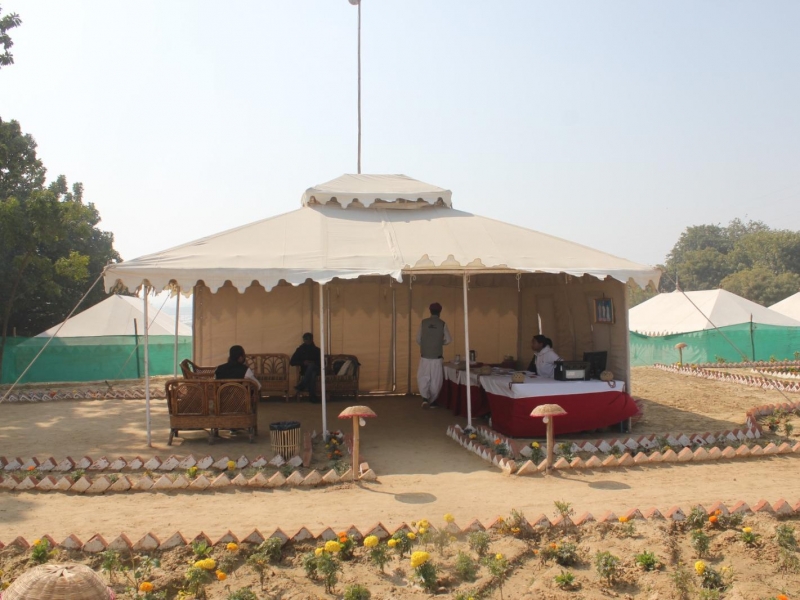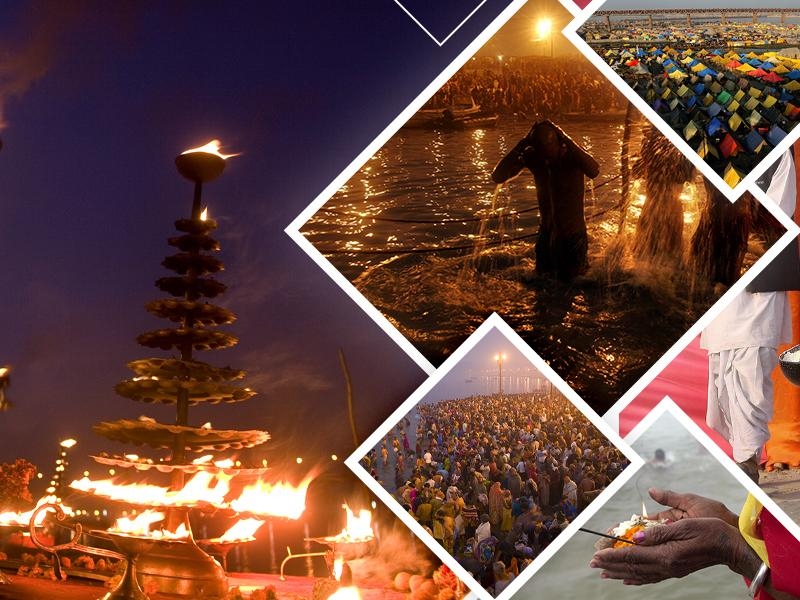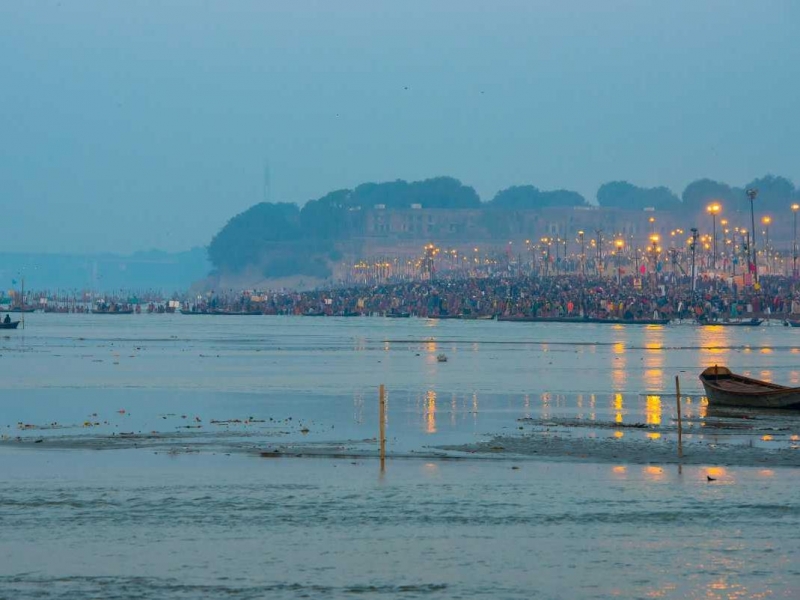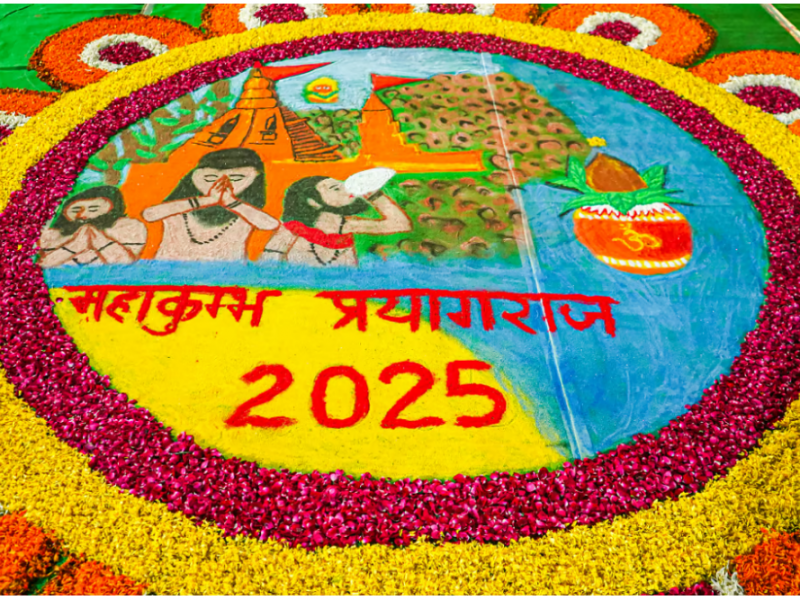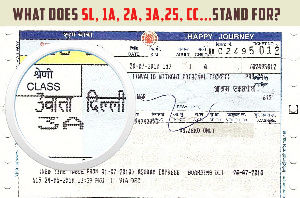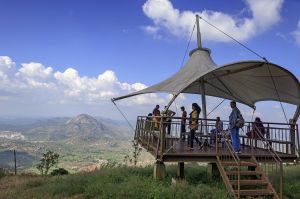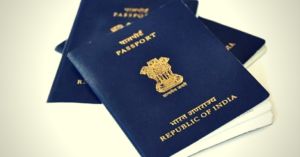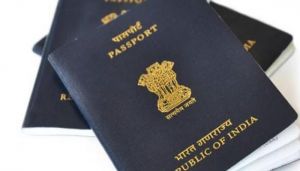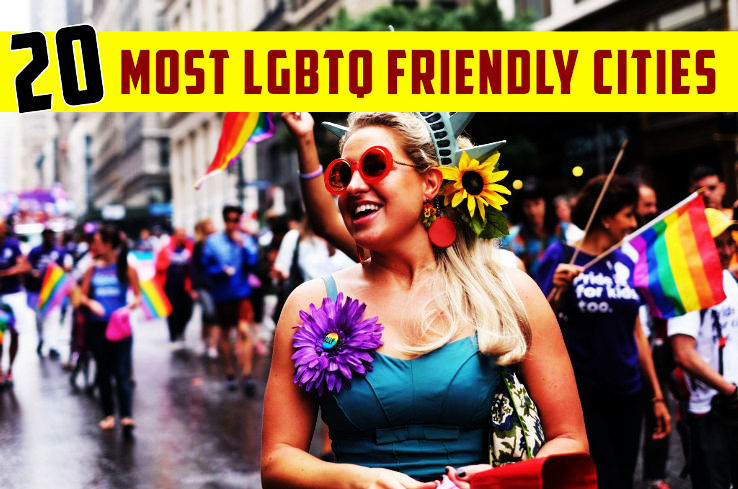
1. Copenhagen
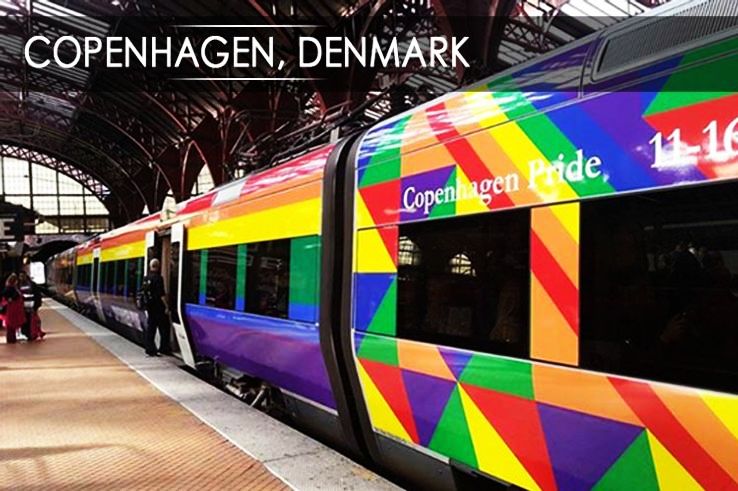
Denmark was the first country in the world to legally recognise same-sex unions in the form of “registered partnerships” back in 1989. The law was modified in 2012, to become the same-sex marriage law. Discrimination on the basis of sexual orientation has been prohibited since 2004 and adoption for same-sex couple have been legalised since 2010. The capital city of Copenhagen is one of the most gay friendly cities in the country, with its annual gay pride parade. What else can you expect from the capital of a country where same-sex sexual activity were legalized all the way back in 1933.
2. Montevideo
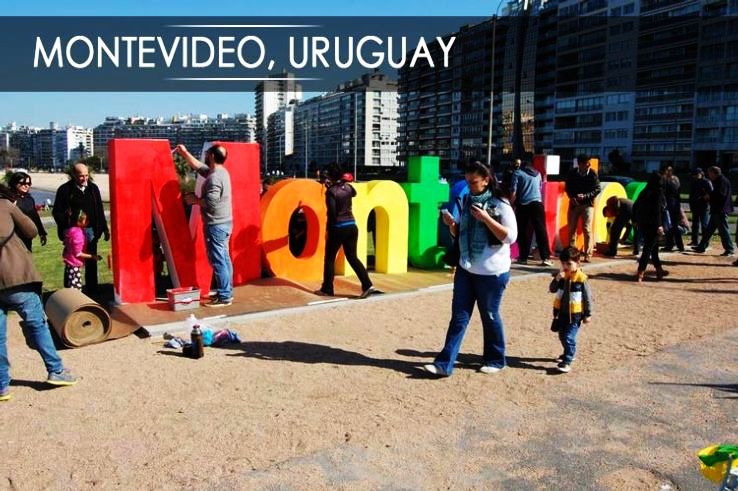
Uruguay is the most gay-friendly nation in South America, in Montevideo, it’s common to see gay couples – men and women- holding hands on the Rambla, the 25-km promenade that borders the River Plate. Not to be ignored in favour of its much more popular neighbour Buenos Aires, Montevideo has an active gay nightlife of its own and some progressive laws protecting its LGBT citizens from discrimination and hatred. A law allowing transsexuals to change their registered gender has passed the Senate and awaits a vote in the Chamber of Deputies.
3. Sitges
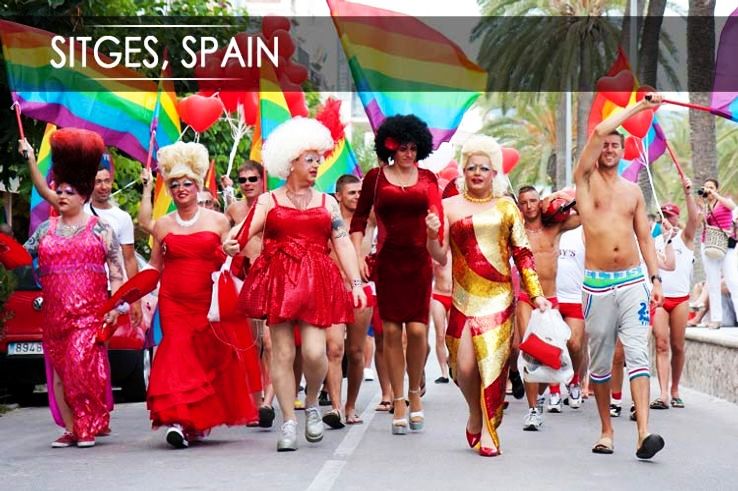
Spain is known for being the most LGBT friendly country in the entire world! And in Spain the little seaside town of Sitges stands out for being one of the most popular vacation hotspots for people who don’t follow a heteronormative lifestyle.
4. Toronto
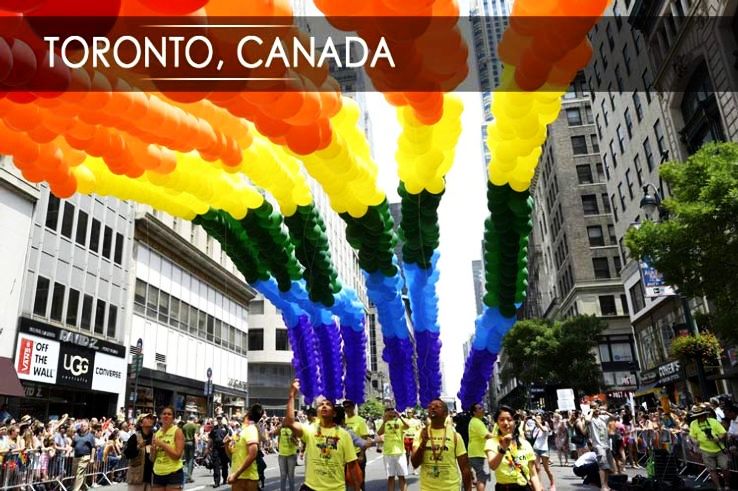
Canada has been LGBT friendly for quite some time now. Same-sex marriages were legalized there much, much before they were done in the USA recently. Toronto, in Canada, has been the centre for the World Pride in 2014. Toronto’s The Village, located in Church-Wellesley, is the cultural hub of the city, bursting with galleries, theatres and gay-friendly businesses.
5. Berlin
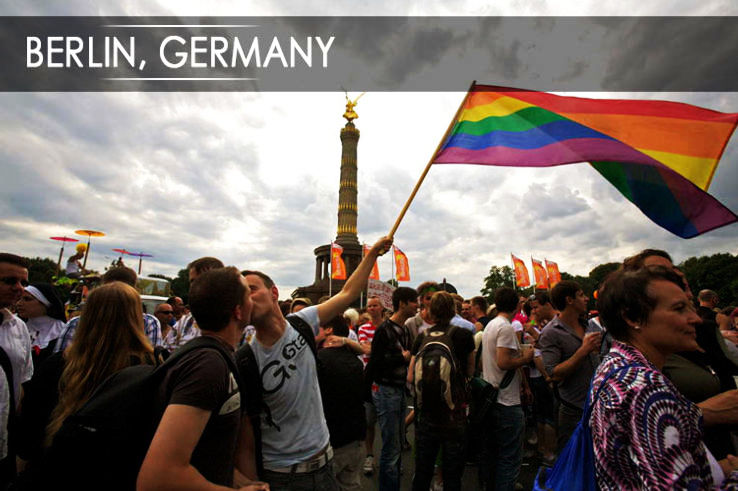
Originally in Berlin, people belonging to the LGBTQ community were tolerated by society and many bars and clubs specifically pertaining to gay men were opened back in 1920. Even though this changed for a bit due to the anti-tolerance laws of the Nazis during WW2, Berlin has managed to be reinstated to the position of being one of the more gay-friendly cities of the world, with strict anti-discrimination laws in place in its constitution. In fact the former mayor of Berlin, Klaus Wowereit, is one of the most famous openly gay men in Germany.
6. Palm Springs
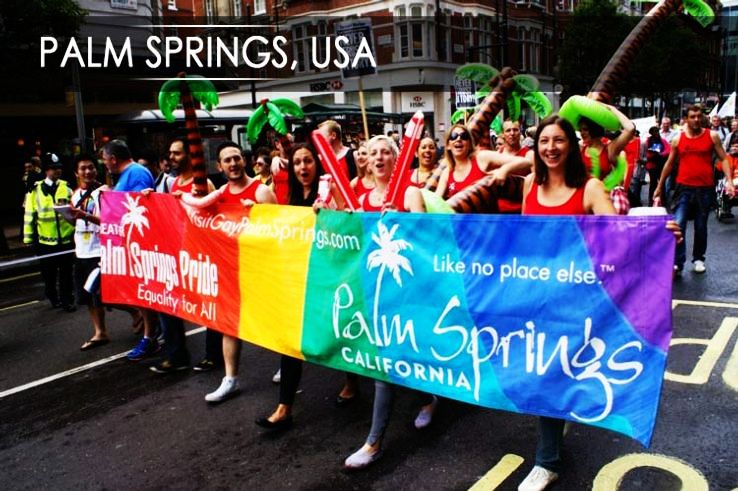
Even though USA is torn between equal parts of LGBT-friendly and homophobic people, the coastal town of Palm Springs in California remains one of the more frequented holiday destinations for the LGBT community, where almost 40% of the total permanent population of Palm Springs is people belonging to the LGBT community. There are 35 gay resorts and the mayor is an openly gay progressive.
7. Skiathos & Mykonos
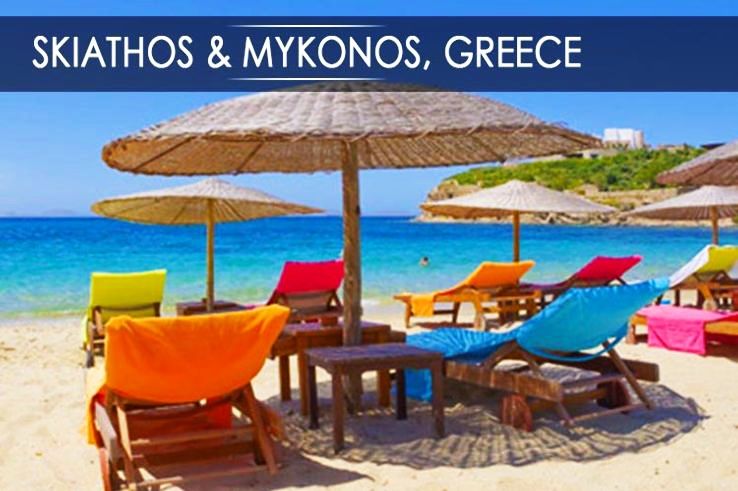
The tiny Greek islands of Skiathos and Mykonos have been the party destinations for gay men from around the world since the epic 70s. While Skiathos with its glamorous gay night clubs is the official party hub, Mykonos provides gay men and couples with a much needed relaxed holiday with its sandy shores and aquamarine waters.
8. Reykjavik
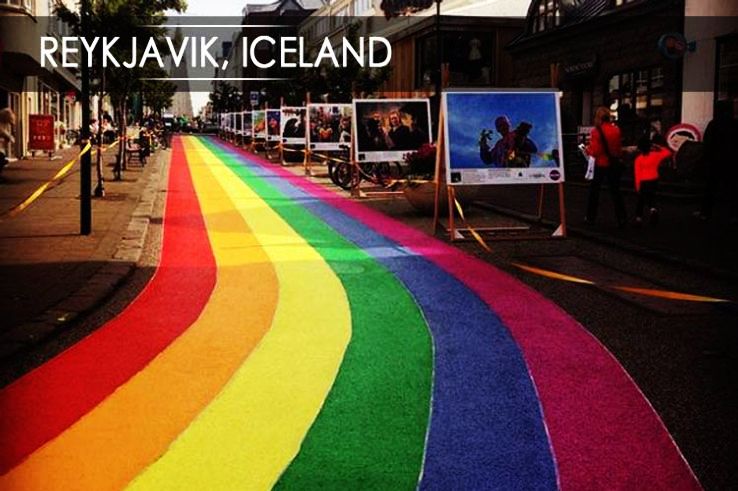
Reykjavik’s Gay Pride Parade is one of the oldest in all of Europe. That and its progressive laws where same-sex couples are granted equal rights as their heterosexual counterparts is what makes Reykjavik one of the most tolerant cities in the world.
9. New York City
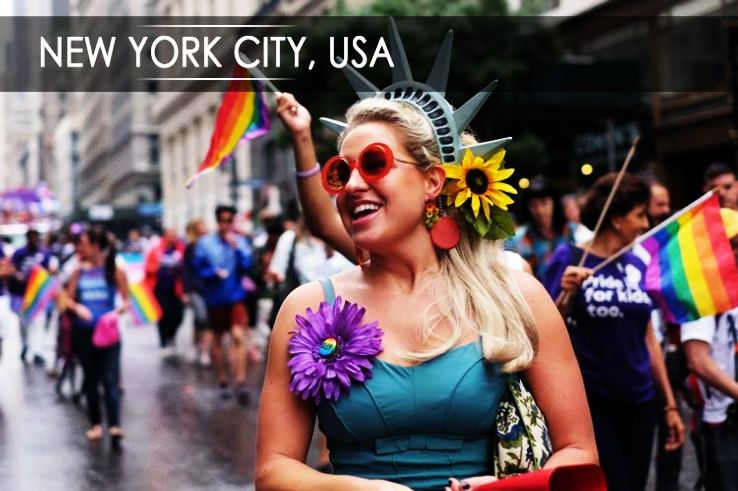
Events like the Stonewall riots (in the late ’60s) in Greenwich Village was what gave birth to the modern gay-rights movement in the Western world. Localities like West Village, Chelsea and Hell’s Kitchen are extremely gay-friendly and have a high LGBT community residing there. Landmarks that have definite LGBT references like Christopher St, the Harvey Milk School, the Lesbian Herstory Archives, Broadway and the Theater District are what make New York City a historical destination for travel and settling down for the LGBTQ community.
10. South Africa
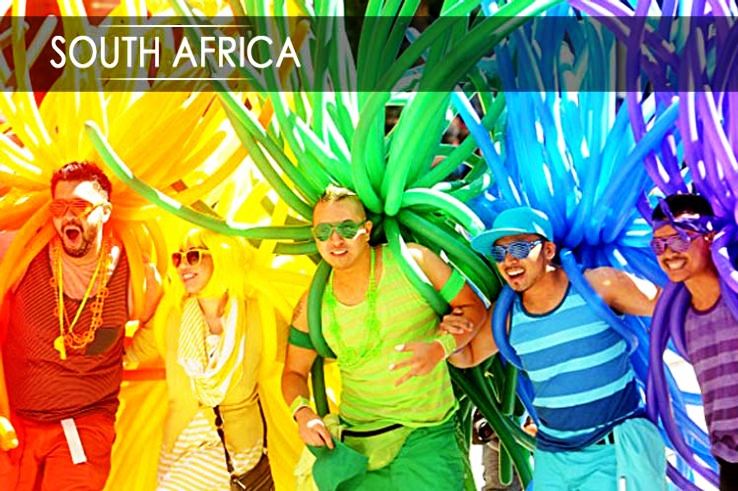
South Africa is the fifth country in the world, and the first in the entire continent of Africa, to legalize same-sex marriages. Same-sex couples can also adopt children jointly, and also arrange IVF and surrogacy treatments.Despite having supportive laws LGBTQ youths continue facing social stigma.
11. The Philippines
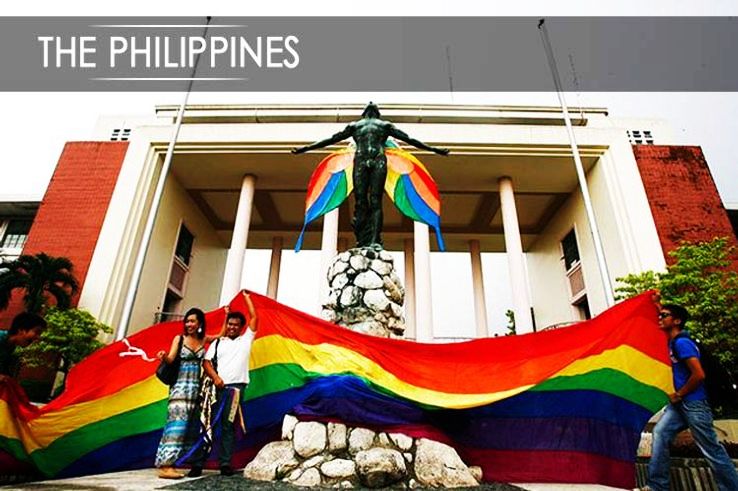
The Philippine archipelago is a predominantly gay-friendly country, with as many as 73% of Filipinos claiming that “society should accept homosexuality”, despite having a predominantly Catholic population (80%).
12. New Zealand
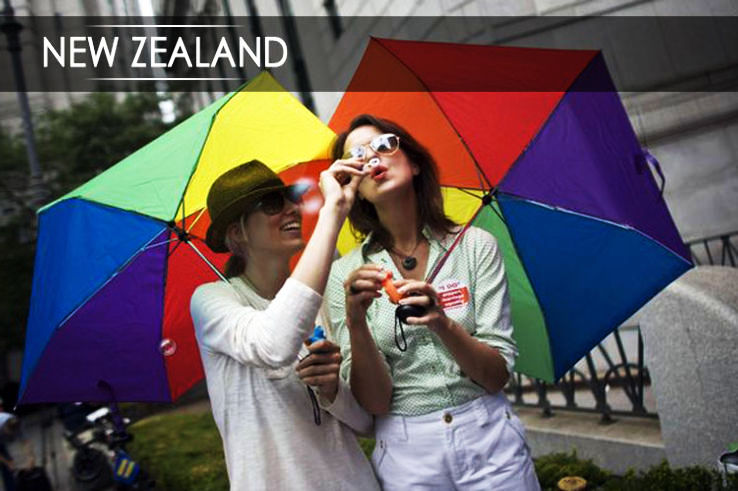
The fairly relaxed culture and society with respect to LGBT rights and acceptance in New Zealand shows how welcoming this country is to those belonging to the rainbow community. The fact that several openly members of this community belong to the Parliament is proof of its extreme open-mindedness and anti-discriminatory laws.
13. Australia
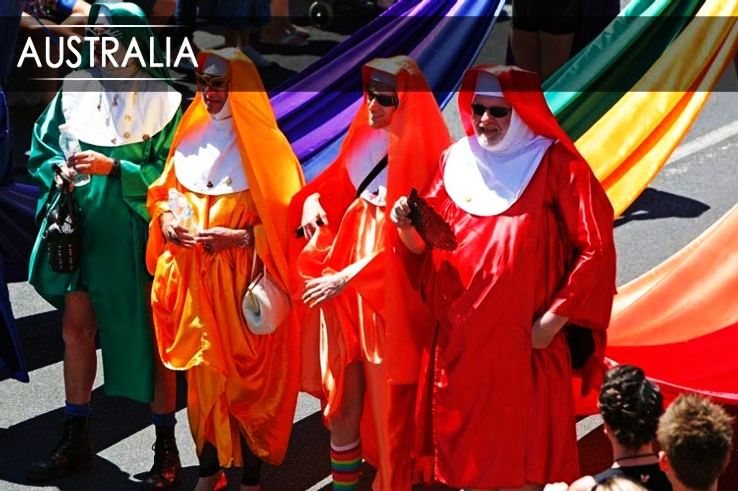
The late-20th century has seen a lot of progress in Australia with regards to more LGBTQ friendly laws making place in the country’s constitution. Although same-sex marriages are still yet to be legalized here, civil unions and domestic partnerships are recognized by the Australian government.
14. Argentina
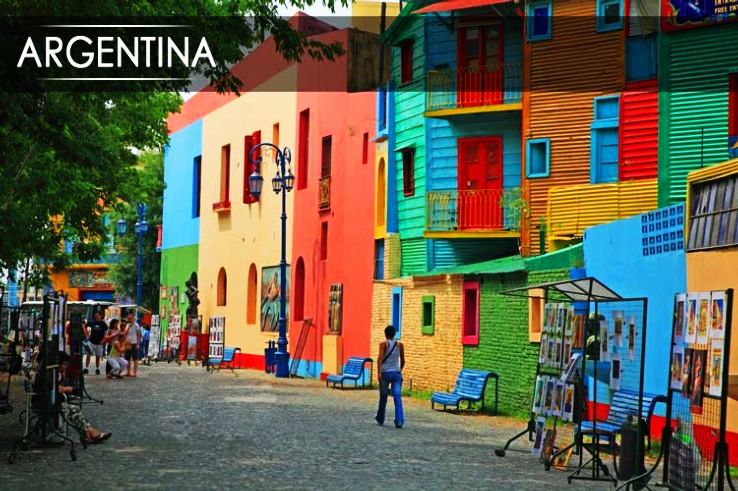
Not only one of the most gay-friendly countries in Latin America, Argentina is also getting noticed worldwide for its progressive and unapologetic legislation it recently passed to ensure LGBT rights. Starting from legalization of same-sex marriages, to adoption by a same-sex couples – Argentina is beating many more seemingly progressive countries of the world in making revolutionary changes to accept all its citizens.
15. Brazil
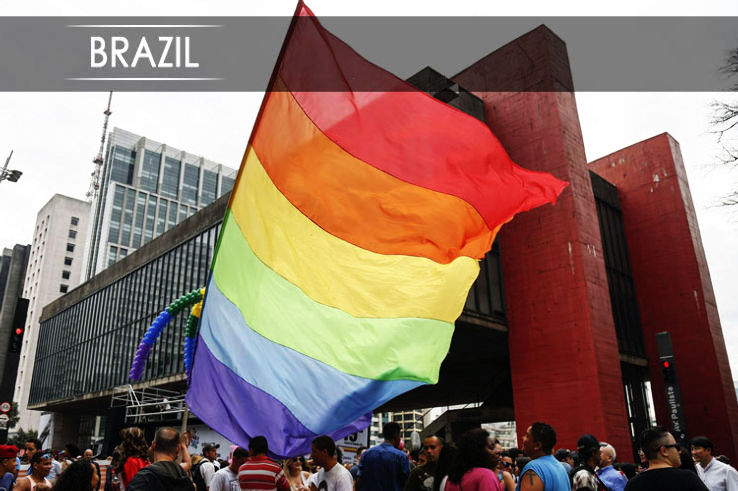
This strongly gay-friendly nation, where members of the LGBTQ community are allowed to marry, adopt or even serve in the military if they choose to do so, is suffering from some amounts of negative whiplash in the form of some hate-crimes owing to the religious dogma still existing in the country. But we are still hopeful that the people belonging to the home of one of the grand celebration of life the Carnival would recognize the true spirit behind their biggest festival and be more loving and accepting.
16. Belgium
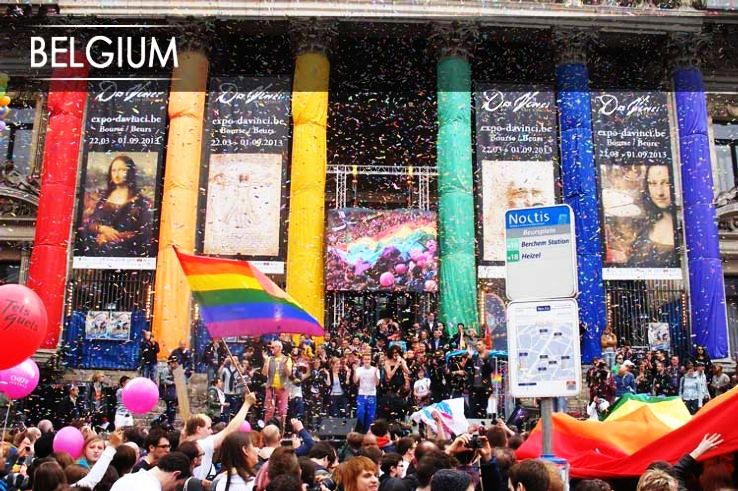
The Belgium Gay Pride held every year in Brussels is how the country of Belgium celebrates its sexually diverse population. A country where same-sex activity has been legalized as back as 1795, Belgium was the second country to legalize same-sex marriages in 2003. Same-sex adoption, IVF access for lesbian couples, anti-discriminatory laws in employment, housing, and public and private accommodations have also been enacted. Transsexuals have been allowed to change their legal gender under certain circumstances since 2007.
17. Netherlands
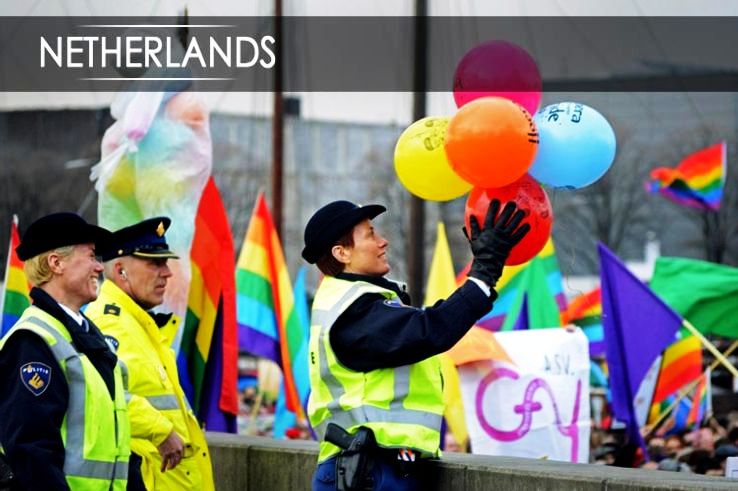
The first country in the world to allow same-sex relations, partnership and eventually marriage, Netherlands is home to a vast number of openly gay Dutch people. 93% of Dutch people believe that homosexuals should be given freedom of lifestyle, whereas the percentage of intolerant Dutch people has fallen to a measly 4% of the entire population.
18. Czech Republic
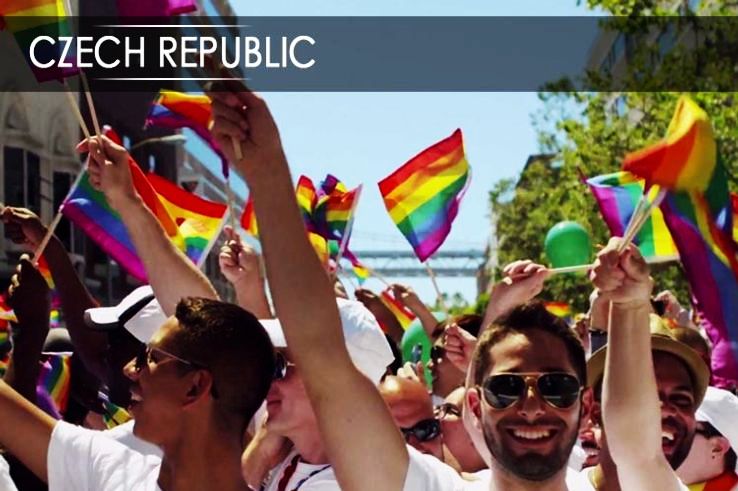
With some of the most progressive laws on homosexual relations in Europe, the Czech Republic is the coolest place in Europe for any budding gay couple. The Army doesn’t question or discriminate on the basis sexual orientation, and same-sex activity has been legalized since 1962, and the legal age for it is the same as of that for heterosexual activity. Even homosexual prostitution has been made legal in this country.
19. France
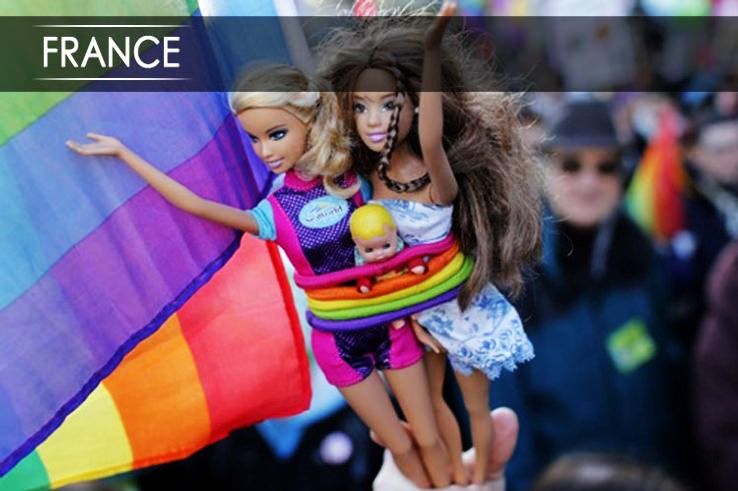
The LGBTQ laws in France are some of the most progressive and accepting laws in the world. A country that is traditionally liberal, it was the French Revolution back in 1791 that dispelled all the homophobic laws that existed in the French constitution, henceforth making it much more acceptable as a nation. Homosexual marriages have been legal in France for quite some time now and 77% of French people claim that homosexuality should be made a part of regular society.
20. Nepal
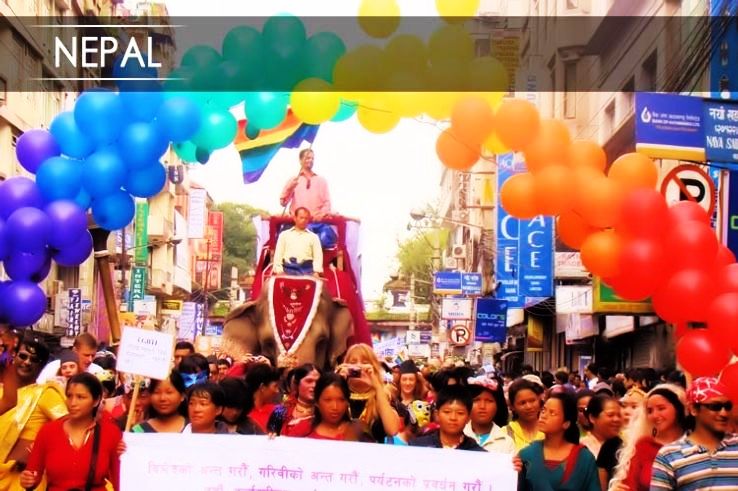
The latest one to join the bandwagon of LGBTQ-friendly countries is Nepal, which along with ending its monarchy back in 2007, had also legalized same-sex relations back then. The other related provisions that were made clear on Sept 16th, 2015 by the Nepalese constitution are the right to choose your gender on identity cards, strict anti-discriminatory laws, substitution of gender neutral terms, and the right of access to state process and public services by gender and sexual minorities.
Recommended For You
-
 Best Places to Stay During Kumbh 2025: From Tents to Luxury Hotels
Best Places to Stay During Kumbh 2025: From Tents to Luxury Hotels
-
 The Ultimate Guide to Maha Kumbh Mela 2025 at Prayagraj
The Ultimate Guide to Maha Kumbh Mela 2025 at Prayagraj
-
 Understanding the Importance of the Sangam: The Confluence of Faith
Understanding the Importance of the Sangam: The Confluence of Faith
-
 The History and Mythology of Kumbh Mela: A Journey Through Time
The History and Mythology of Kumbh Mela: A Journey Through Time
-
 Best Places to Eat in Goa: Indulge in a Culinary Delight
Best Places to Eat in Goa: Indulge in a Culinary Delight
-
 The Future of Drone Tourism: How Drones are Changing the Travel Industry
The Future of Drone Tourism: How Drones are Changing the Travel Industry
